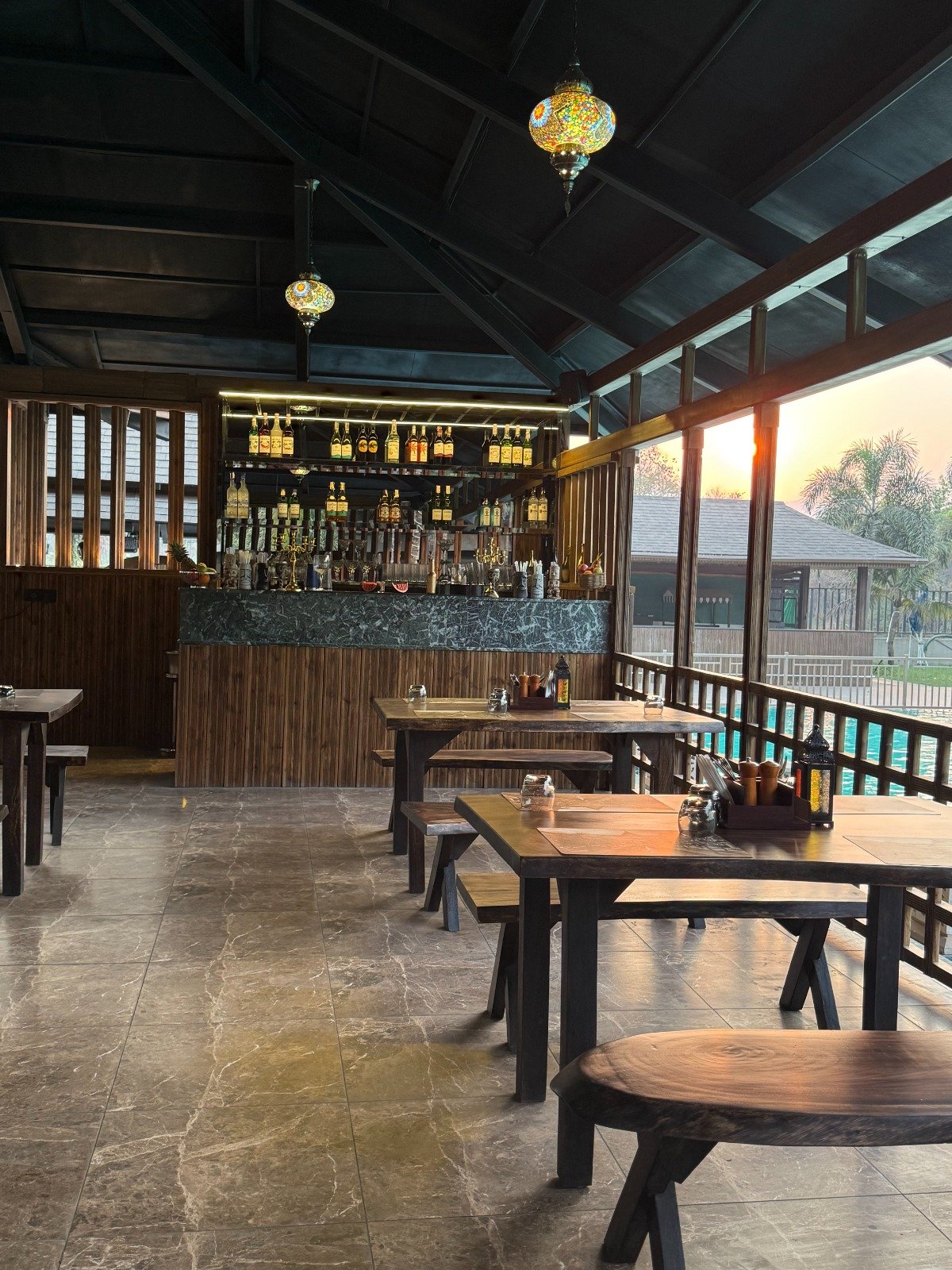Anil Chadha takes charge of ITC Hotels as their Chief Operating Officer (COO)
/Anil Chadha has been named as the new chief operating officer (COO) at ITC Hotels
Before being appointed as the COO, He was Vice President, Operations at Hotels Division. Besides, in his previous tenure he was appointed as Vice President, Southern Region ITC Hotels and General Manager – ITC Grand Chola. As Vice President – South and General Manager, He was responsible for the growth and expansion in the Southern region in both the WelcomHotel and Luxury Collection brands such as WelcomHotel Coimbatore and Welcom Hotel Kences Palm Beach, Mahabalipuram which were opened under his aegis.
In his expansive career span, He has been accustomed with markets such as New Delhi, Agra, Kolkata, Bengaluru and Chennai which has facilitated his in-depth experience and understanding of the business dynamics of micro-markets within India.
His exemplary leadership distinguished by excellent people management and team building skills drives the result-oriented, passionate and ethical work culture that he has imbibed over the years.
















